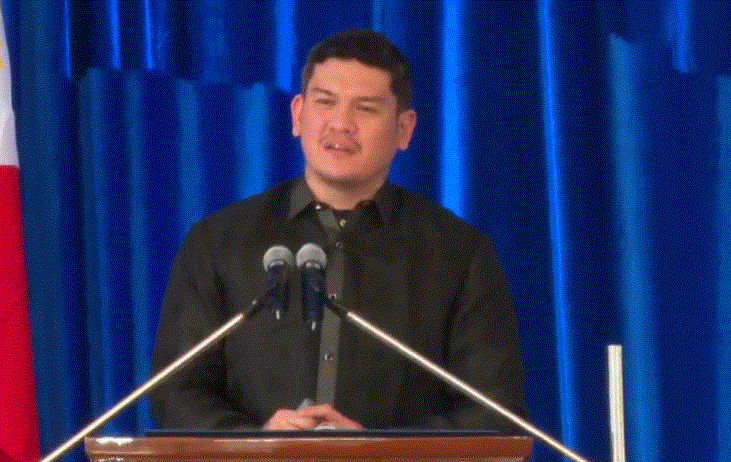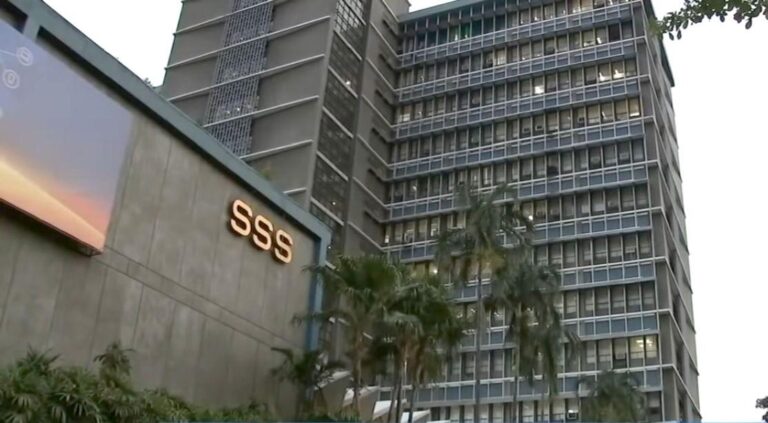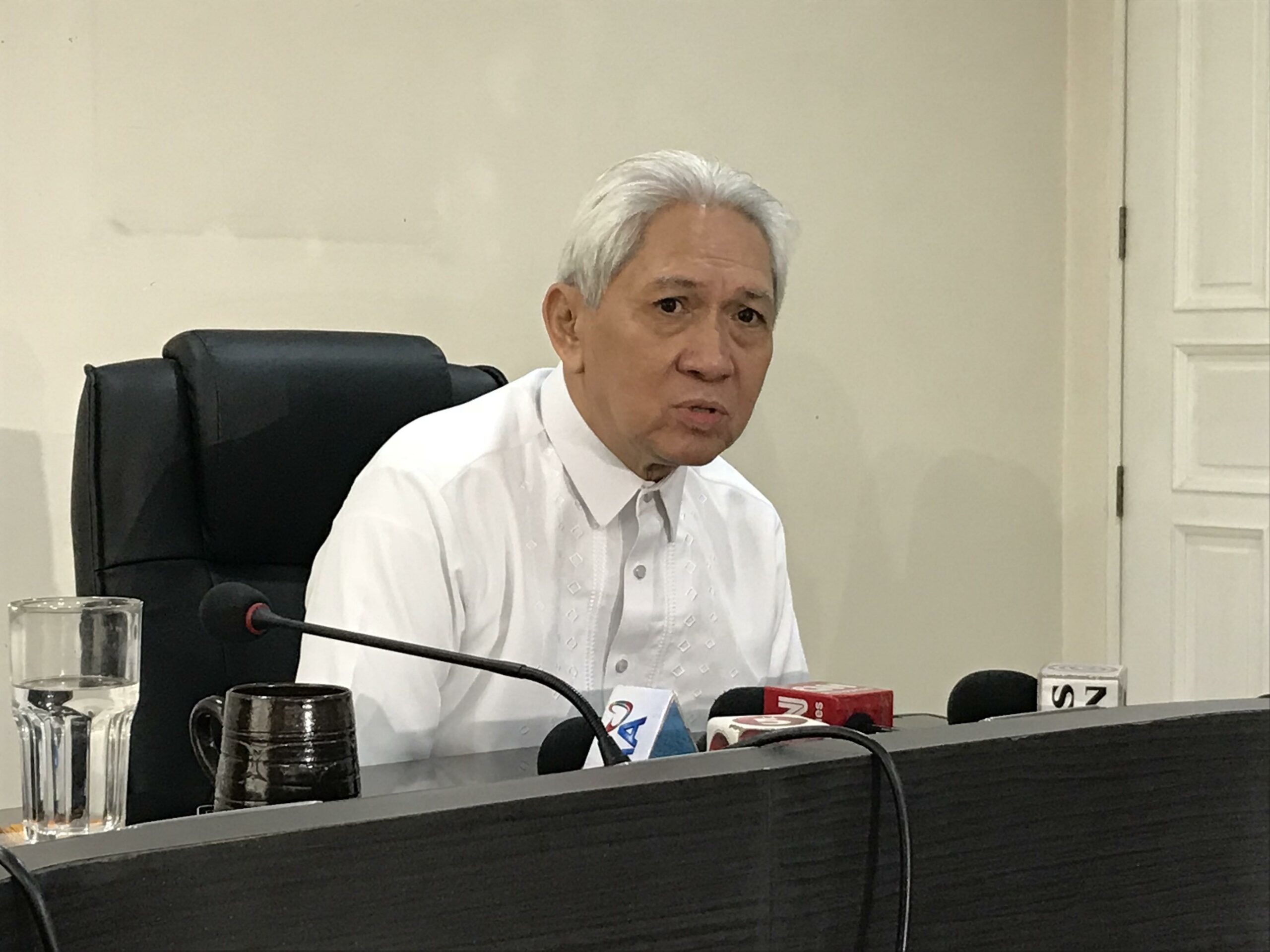Ombudsman Samuel Martires on Monday said the Commission on Audit (COA) should not publish its initial findings on agencies, as initial non-submission of receipts does not indicate fraud or corruption.
Martires made the observation in reference to COA’s audit observation memorandum, a written notification issued to the agency head and concerned officer/s informing of deficiencies noted in the audit of accounts, operations or transactions and requiring comments thereto and/or submission of documentary and other information requirements within a reasonable period as provided under COA Circular 2009-006.
COA, however, also publicly releases Annual Audit Report (AAR) on government agencies that contains an agency’s response to the findings.
“I want to suggest to Congress if we can remove from the special provisions or general provisions of the GAA (General Appropriations Act) lines referring to the publishing of AOM,” Martires told the House Committee on Appropriations when asked about the apparent decreasing number of cases that the Ombudsman is filing before the Sandiganbayan and other courts.
According to Martires, the AOM “causes confusion for people because when they read that in the AOM that a P10 million project was flagged [by COA], they will say that a government official earned P10 million from that when the agency just forgot to submit receipts.”
He added: “When a case [complaint] is filed before us, the case is being dismissed [in our level] because COA audit is resolved. They (public) will [then] say na bayad kami. Sana totoo, pero hindi. There’s innuendo that the Ombudsman was paid off.”
Asked later on by House Deputy Minority Leader and ACT Teachers party-list Representative France Castro if the Ombudsman submits receipts of the proceeds of its confidential fund in compliance with Joint Circular 2015 issued by the COA and other agencies, Martires just smiled and said submitting receipts will breach confidentiality. “Your honor, please, if you require an agency of government with confidential funds to submit receipts, it is no longer confidential,” he said.
Castro took offense, saying such a position is contrary to Joint Circular 2015, which she said requires receipts.
“Hindi po ito nakakatawa na hindi tayo nagsa-submit ng resibo (non-submission of receipts is not funny). We have to follow Joint Circular 2015,” Castro said.
Castro did not cite a Joint Circular 2015 provision, but Section 6 of the said joint circular states that one of the required documents to support the disbursement voucher for the grant of cash advance for confidential and intelligence fund is a certified copy of the approved application for fidelity bond together with a copy of the Official Receipt (OR) evidencing payment of premium or List of Accountable Officers with Approved Bond issued and duly certified by the Bureau of Treasury.
Martires was firm that the use of confidential funds did not require receipts, although he said the Ombudsman submits a certification that the confidential fund was used appropriately.
“Wala po kaming niresibuhan na intelligence officer na napakisuyuan po namin na tignan ang isang kaso. Anong resibo ang ilalagay ko roon? If I get a safehouse, magtataka kayo kung safehouse, baka hindi totoong safehouse, kung hindi motel,” he said.
(We don’t issue receipt to an intelligence officer that look into a case. What should we put there? If we used a safehouse, you may doubt if it is indeed a safehouse.)
“What we issue is a certification,” Martires added.
Martires then said that if the confidential fund of the Office of the Ombudsman will be a bone of contention, he is willing to let it go.
“Kung pag-aawayan ang confidential fund, alisin niyo sa budget namin iyong confidential fund (If there will be disagreement because of the confidential fund, you can remove our confidential fund). We can survive,” he added. —KBK, GMA Integrated News

















